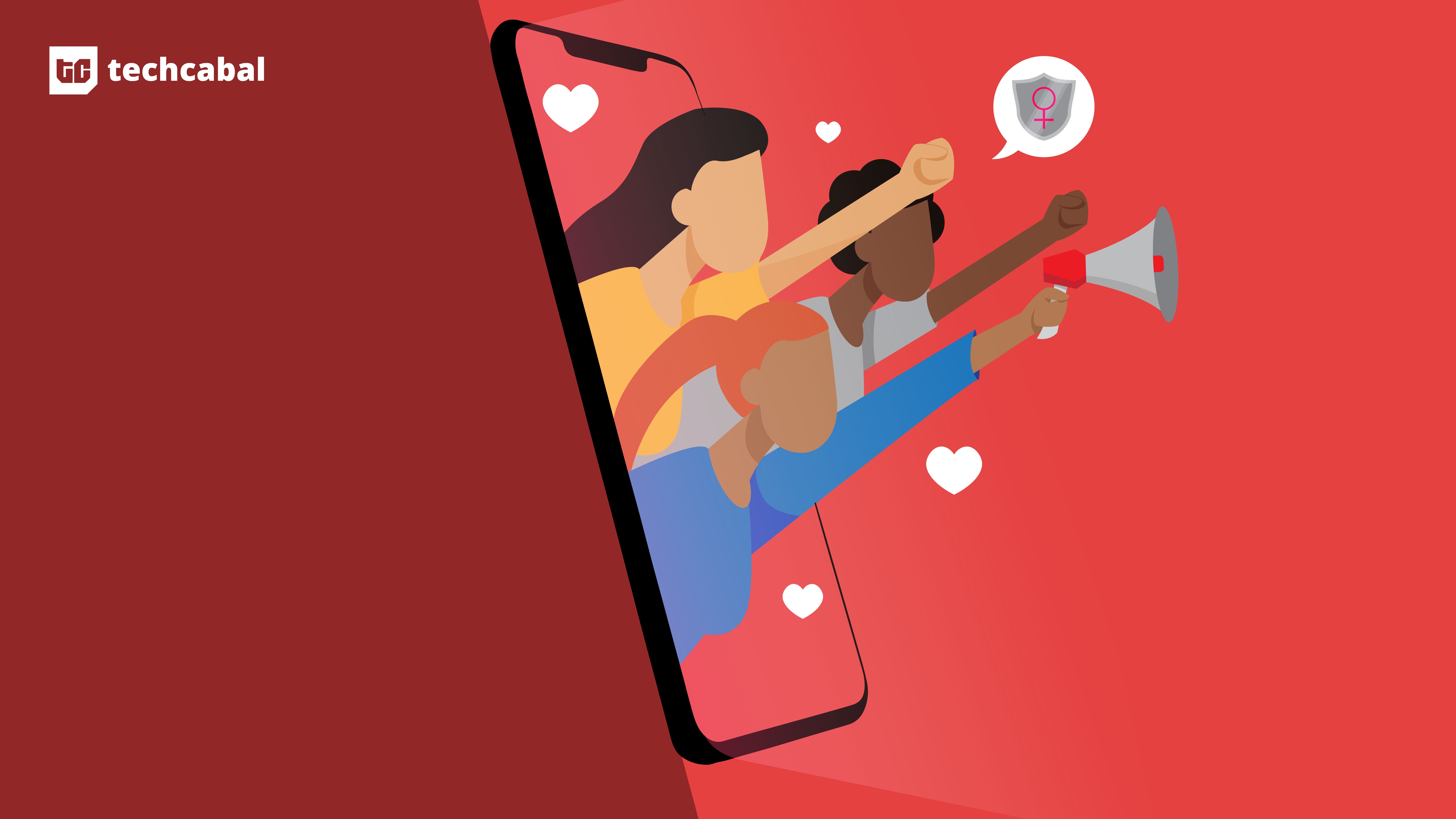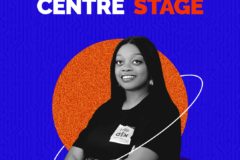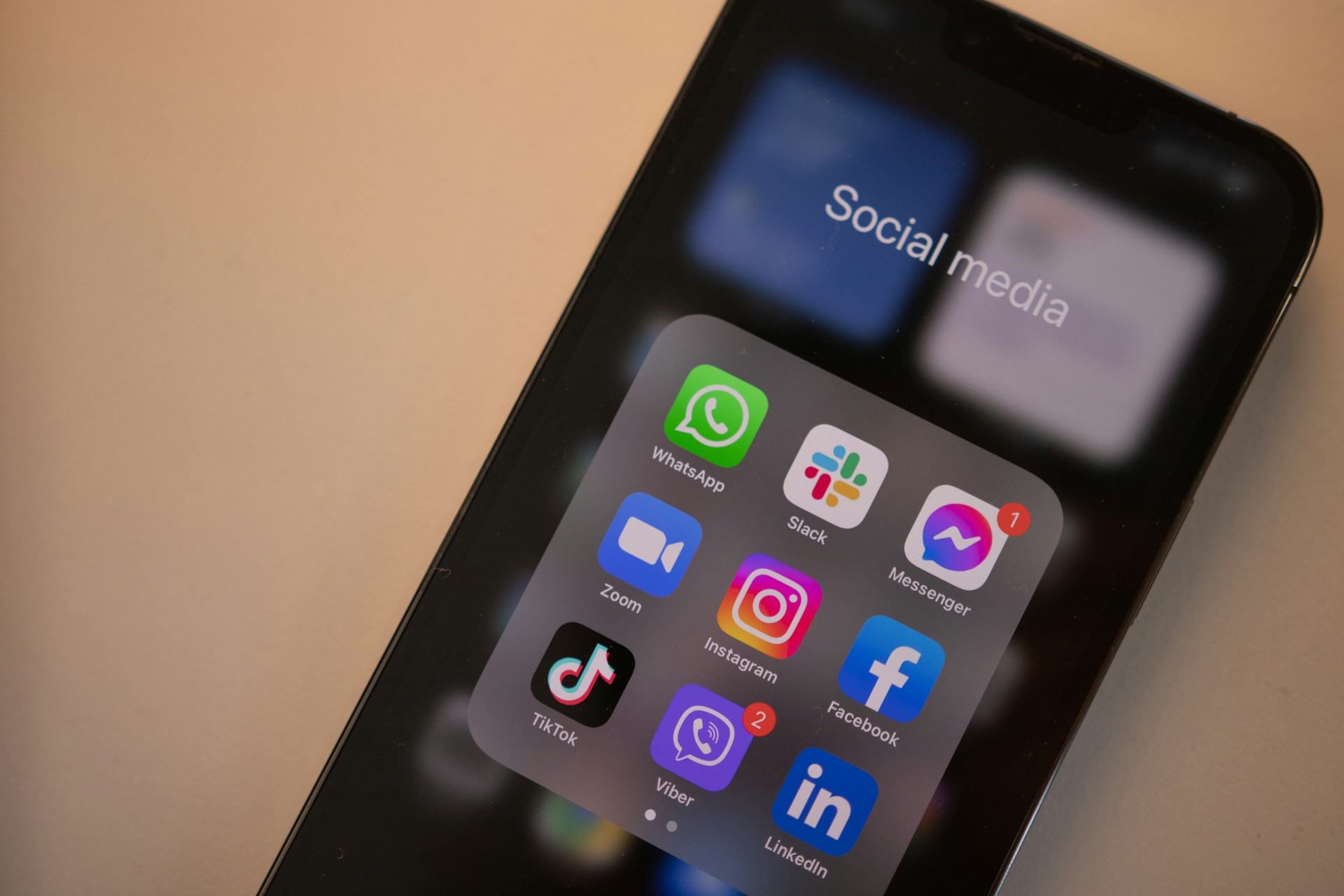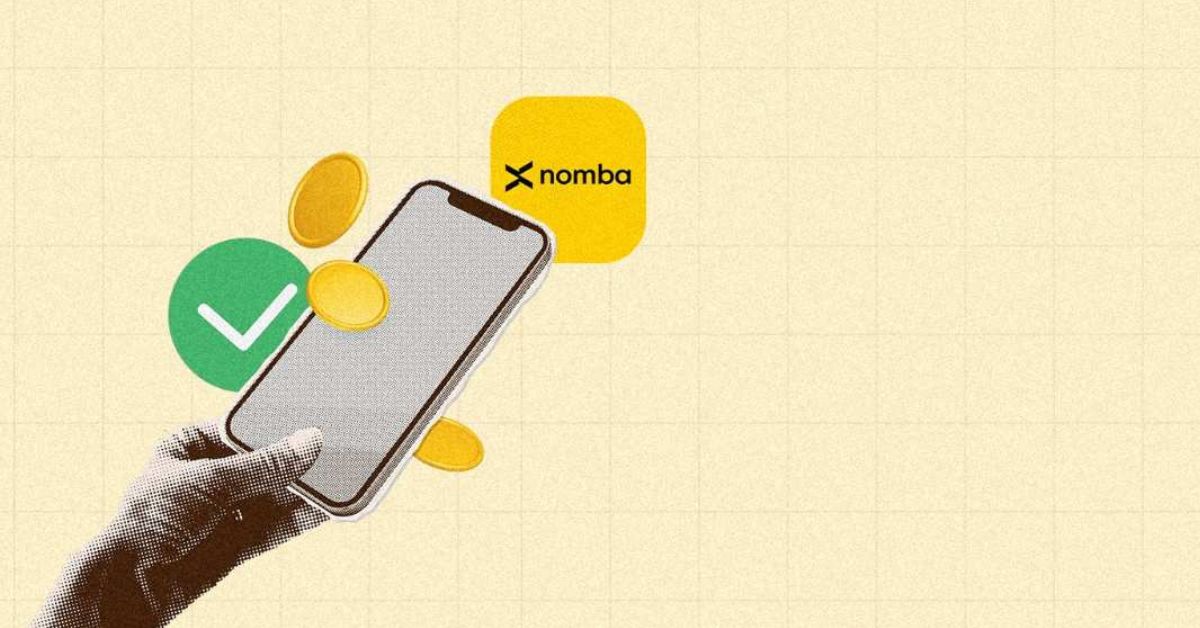While still facing steep patriarchal oppression, African women are using the internet to build communities, learn, and call out unjust systems. However, these efforts are met with vitriol which affects the social media experience for women. How are online spaces evolving and are they becoming more aggressive towards women?
Digital technology has seen more advancement in human history than any other innovation — reaching more than half of the world’s population and revolutionising the human experience in less than two decades. One of the ways that digital technology has significantly impacted the world is in how we socialise and communicate, with a potent example being social media.
Social media connects almost half of the entire global population, enabling people to make their voices heard and talk to people across the world in real-time. For women and many socially disadvantaged people, social media platforms like Twitter have provided a platform for women to share critical stories, build community, organise and mobilise for resources, and importantly, call out unjust systems. In the past decade, there has been a growing popularity and interest in feminist ideology across Africa, which is directly linked to social media. Young activists across the continent are increasingly taking advantage of digital tools to organise in search of radical change in the way that African societies are structured, as is evident in movements like #ArewaMeToo, #FreeSheena, #ShutItAllDown, and #AmINext, among others.
According to notable journalist and activist, Kiki Mordi, we can’t speak about social movements in our generation without speaking of social media. “The digital space helped us to connect with one another, and it helped for scale. In the past when I attended protests, it was a lot of work getting people to be interested in the cause. Social media made us more efficient at organising as it exposed us to a lot of people and helped us build networks,” she said over a call.
Emitomo Tobi Nimisire, a Sexual Reproductive Health and Rights advocate, shares that a very useful application of social media in the fight against inequality is how it provides a platform for women to get some semblance of justice.
“In recent years, we’ve seen people use social media to call out their abusers. One of the reasons this happens is that we have a failing justice system, and people are left with little to no option but to leverage their online platforms to get some semblance of justice,” she shared with TechCabal.
Injustice is fighting back
Nimisire believes that anti-feminist movements are getting stronger than ever.
“There are anti-equality movements offline and a lot of funding goes into these spaces. These movements happening offline are validating the bullies online and justifying their violence and hate towards women,” she said.
She is not wrong. While the internet has connected women across the continent and given access to knowledge, support, and community, it has also exposed women to aggression and pathways for abuse.
There is a growing incel movement consisting of angry and belligerent men; some as young as twelve, that is built around the hatred of women. This culture is so strong that experts fear it could provoke terrorism, with over 1,000 daily references on the internet to misogyny and degrading actions towards women. Every 29 minutes, someone on an online incel forum posts about rape. Further analysis of this movement shows that this violence towards women on the internet is currently at an all-time high, eight times higher than in 2016, which has led to a growing trend of women dropping out of social media platforms altogether.

“Social media is just a replication of our immediate social space. If misogyny exists in real life, it will exist on social media. Because we are far from erasing the normalcy of misogyny in real life, it is the same thing online. There was a time I felt some semblance of hope. A time on social media when women came out to speak on topics that were considered taboo and that period brought me joy. However, the misogyny will fight back and it did. Other people hated how bold women and girls were becoming online and how we were building platforms to fight misogyny. It’s the same thing as real life. As soon as a woman speaks up, there are many people waiting to tell her to shut up,” Mordi shared over a call with TechCabal.
Ann Holland, cofounder of Sistah Sistah Foundation opened her Twitter account to specifically speak about the inequalities that women faced at the hands of the patriarchy, especially in Zambia. She moved to Twitter from Facebook, where she faced a lot of bullying at the hands of misogynists, for openly being a feminist and decrying the unfair treatment of women, especially in regard to issues like sexual abuse and female genital mutilation (FGM). With over 30,000 followers on Twitter, Ann is popular for standing up for women, speaking up against inequality, and her unwavering love for Beyoncé.
Holland is no stranger to digital harassment and has been bullied, sued, and even arrested for her commitment to equality. “As much as the internet is a safe space, it is also a dangerous place for women. Sometimes, all you need to do is exist as a woman for people to hate your guts on the internet. They hate you for speaking up, they hate you for changing the minds of their victims, and they hate you for creating platforms for women to feel safe and want more from society. These things get to you, regardless of how tough or strong you are,” she shared.
Holland is extremely careful of what she shares about herself online, as she is scared of what people can do with that information in her real life, considering that she is the target of a lot of hate. However, according to Holland, despite the harassment and bullying, there is still a significant improvement in the way that people respond to feminist messages on social media.
“In spite of how misogynistic these social media platforms are, there are now more people who listen. Six years ago, when we put out posts calling out misogyny, only about 3% of the people who saw it supported us. The rest was divided into those who told us to shut up and those who bullied us and sent threats. Now, that has changed. When we speak about women’s rights now, there’s about 70% of people who support us and have taken the time to learn and educate themselves.
“Someone posted revenge porn on Twitter and unlike five years ago, thousands of people called him out on it and refused to watch. During our march in 2021, women were being bullied for how they were dressed — which always happens when we march. However, unlike in previous years when people would be silent, people were defending them and rising up to the bullies,” she said.
What can we do to create safer spaces for women online?
It is imperative that we create safe spaces for women and girls to be and speak up for themselves online. Safe internet spaces are a necessity and not a luxury, and according to Kiki Mordi, one way we can do this is by holding ourselves more accountable.
“Not everyone has to be an activist, but everyone has to say something. When your friend posts or makes hostile comments, you can send them a private message and admonish them. Always call out people you know when you see them participating in such behaviours, or even amplifying it.
“Report posts that encourage hostility towards women instead of engaging. There is a rise in ‘influencers’ who strive to increase engagement by peddling misogynistic messages, and they’re banking on our outrage. It’s also important that brands do their due diligence before working with influencers to be sure that they’re not aligned with influencers who built platforms off hate towards women. We must stop rewarding bad behaviour and stop putting our money towards brands and influencers that have been known to be associated with hate,” Mordi shared.
Nimisire believes the platforms have a role to play in ensuring the online safety of women, especially in how they respond to reports.
“I believe that these platforms can respond to reports promptly. Sometimes people are being bullied and we keep reporting but it takes a while for these platforms to process and respond to reports. They can have dedicated departments that handle harassment and keep tabs on red-flagged users. One more thing social media companies can do is consult with social movements to ensure that they are in touch with and aware of the types of harassment and how best to help victims and address perpetrators.”
While the laws on various platforms cover online harassment, there is yet to be seen an agreement between large global social media platforms on what the exact parameters for harassment are, nor who should be defined as a victim.
For women who are looking to navigate social media or who have been the target of vitriol online, Nimisire advises taking frequent breaks, and finding a community online; Mordi and Holland advise to prioritise your mental health and taking time to curate your online experience — which includes muting and blocking certain keywords and accounts, and enabling notification filters




















